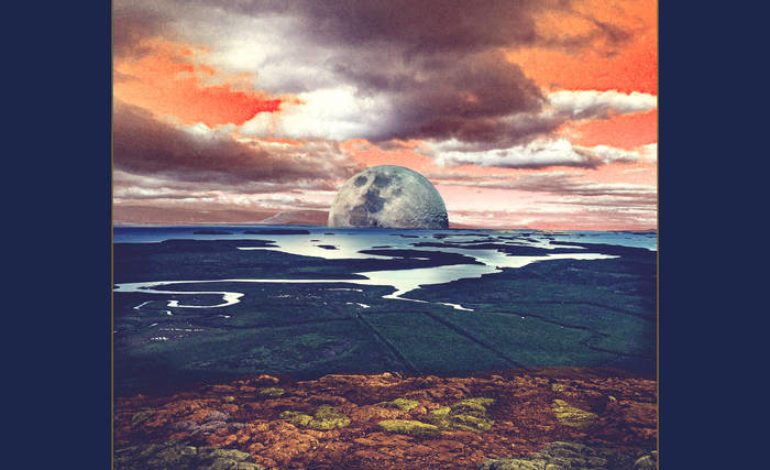

Steve Von Till reflects on the nuances of gothic Americana
Singer, instrumentalist and poet, Steve Von Till is perhaps best known for his role as lead vocalist and guitarist in the band Neurosis, which has released over 10 albums since its formation in 1985. No less impressive or expansive is Von Till’s work as a solo artist, the most recent of which is his album No Wilderness Deep Enough. Von Till first began recording this newest album in rural Germany in 2018, and later finished production and added in lyrics at his Idaho home studio. Released in early August, No Wilderness Deep Enough marks Von Till’s fifth album in his solo discography, much of which is characterized by his earnest vocals, and accompaniment from sparse acoustic guitar and ambient instrumentation. No Wilderness Deep Enough explores feelings of defeat and longing through contemplative lyrics, bleak musical arrangements and layered soundscape.
The album is comprised of six individual tracks, all of which are similar in their slow tempo and pensive instrumentation. “The Old Straight Track,” the second song on No Wilderness Deep Enough, features the full, rich sound of the French horn played by Aaron Korn. When combined with light synths running through the track, the result is a cosmic, otherworldly soundscape. Alongside the instrumentation, Von Till sings in his distinctly gritty voice, adding depth to the song. The following song, “Indifferent Eyes,” opens with sparkling synths that ebb into the tranquil sounds of the cello (played by Brent Arnold) and piano, inviting the listener to contemplate the paradoxical nature of connection and division.
The album’s fourth track, “Trail the Silent Hours,” is distinct in its natural opening—the calls of birds, the sound of leaves rustling and the whistle of the wind cascade into airy percussive elements as synths crescendo and decrescendo throughout. “Shadows on the Run” is a vibrant and warm, yet haunting piece in which Von Till reflects on the abstruse and transient nature of life, death and the universe. Von Till’s voice echoes throughout the hypnotizing, meditative song that is “Wild Iron,” which eventually fades out into silence, marking the end of the album.
The lyrics themselves are, like the instrumentation, pensive, and encourage reflection from the listener. They both plainly and profoundly explore the esoteric characteristics of one’s identity as well as that of world. As a poet, Von Till’s lyricism is philosophically unparalleled; as a musician, his vocal delivery is effortlessly fluid and beautifully complements the ethereal auditory imagery of the album. Though perhaps the album and its tracks lack truly intense highs and lows, No Wilderness Deep Enough is undoubtedly a masterfully constructed and colorful album that, despite its existential and somewhat eerie lyrics and motivations, feels tender and inviting.
The album as a whole oscillates with rounded cello, French horn, synth and piano instrumentation which, in combination with Von Till’s deep baritone, form a mellifluous soundscape. Listened to in its entirety, No Wilderness Deep Enough flows through the listener and encourages them to find a moment of quiet solace in the chaos of the world. For more on No Wilderness Deep Enough, read our interview with Steve Von Till.
